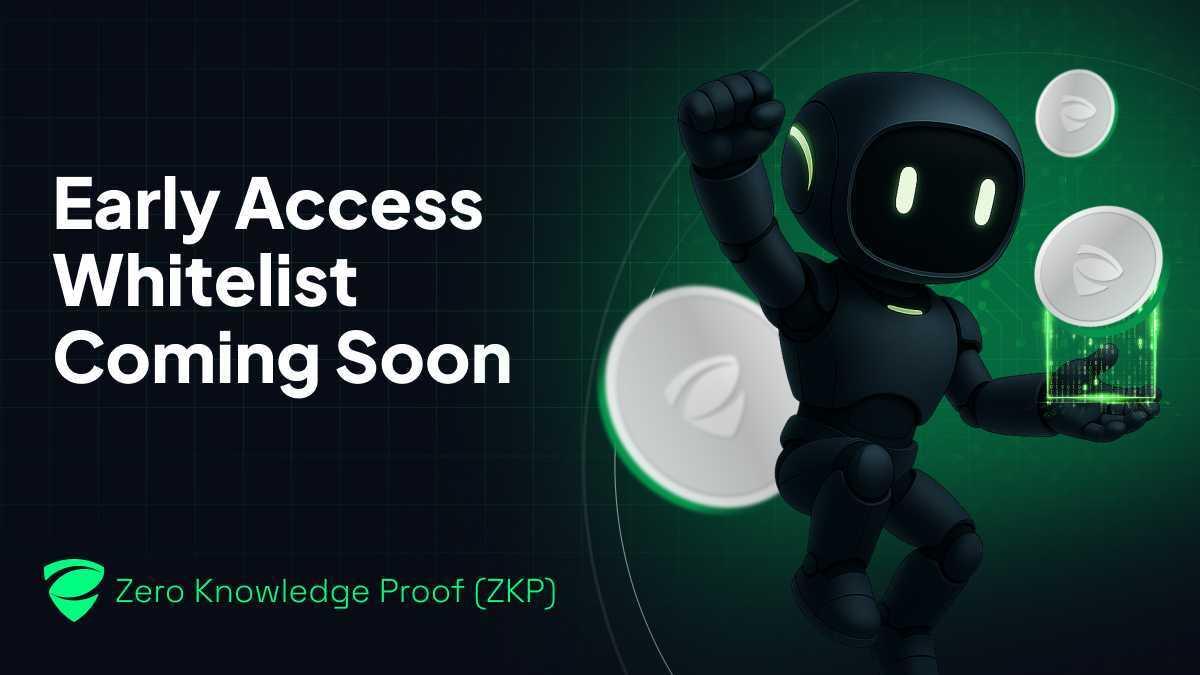Tether halts Bitcoin mining in Uruguay due to $5 million unpaid electricity bills; pivots to renewable energy mining in Brazil amid regulatory changes.
Tether, a well-known stablecoin company, recently faced a big problem in Uruguay. The state-owned electric company of the country, UTE, disconnected the power supply to two mining facilities of Bitcoin belonging to Tether. This was as a result of Tether failing to pay electricity bills that ran to approximately 5 million dollars.
Tether’s Two Mining Projects Face Suspension Amid Huge Energy Debt
UTE interrupted the supply of electricity on July 25. Sources say that Tether owed an almost 5 million in outstanding power usage. This caused their mining sites to be suspended, which plays a crucial role in their cryptocurrency activities.
Related Reading: Tether Mints $1 Billion USDT on Ethereum After Fed Rate Cut | Live Bitcoin News
Before the closure Tether was negotiating with UTE. The company had an interest in a new mining plant and had bid millions of dollars to open it. They also demanded a reduced rate of electricity to assist in mitigating expenses. In May, Tether began defaulting on their current bills despite these negotiations.
The arrears were extremely large. The monthly electricity bill of Tether was approximately two million dollars. UTE was forced to cut power when their debt was more than the guarantee amount. It owes one project in Flores and the other in Florida, 95million dollars and 87million dollars respectively. Its total debt is approximately 4.8 million without fines.
In June, UTE president Andrea Cabrera signed a memorandum of understanding with Tether. Under this agreement, Tether was obligated to keep up with payments and commitments. Nonetheless, the power cut had to happen, as Tether did not pay.
Paolo Ardoin, the technology manager of Tether, commended the electricity system in Uruguay when they first arrived in May 2023. He dubbed it as powerful and dependable, which is fit to mine Bitcoin. Cryptocurrency mining requires substantial electrical power, just like data centers, and therefore a robust power grid would be necessary.
Uruguay Power Issues Highlight Challenges in Crypto Mining
As the conflict with UTE dragged on, Tether declared that it would expand the mining activity in Brazil. They also entered into a memorandum of understanding with Adecoagro, a firm where Tether has majority interests on July 3. This is a plan that lays emphasis on the utilization of renewable energy to settle mining activities.
Juan Sartori, a former Uruguayan senator and Tether executive, added that this venture is looking into a new combination of agriculture, energy, and technology. It demonstrates the attempts of Tether to discover sustainable and novel methods of mining cryptocurrency.
In the meantime, the GENIUS Act came into force in July 2025. This new law gives guidelines on stablecoins such as Tether. It involves issuer approval guidelines, reserve requirements, and tax treatment. These regulations are effective in introducing sanity and confidence to the expanding stablecoin market.
The issue of electricity in Uruguay faced by Tether represents the difficulty of cryptocurrency mining. The costs of high energy and the requirements of the regulations make it difficult to sustain operations. Nevertheless, the actions of Tether to develop renewable energy and the emergence of such laws as the GENIUS Act give a chance to a more stable future of digital currency.
Source: https://www.livebitcoinnews.com/tethers-bitcoin-mining-halted-in-uruguay-due-to-unpaid-electricity/


